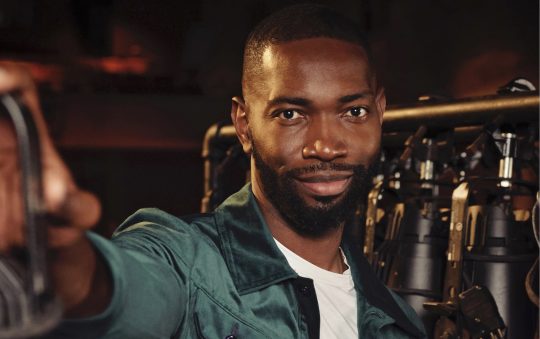
Some experts say the influence of labor has declined across the nation, but its impact in Los Angeles remains strong and vibrant, especially in the African American community.
Recent comments from local Black elected officials and faith leaders revealed a commitment to the mission of organized labor and optimism about its future in the city.
“As long as we have working families, abuses and disparities, labor will continue to play a strong role in our future,” said L.A. City Council President Herb Wesson, who began his long relationship with labor as a young man.
Throughout his political career, Wesson has enjoyed the support of labor and in turn, has led efforts to address and resolve issues important to the movement. In June, Wesson united with Mayor Eric Garcetti and his City Council colleagues to approve a minimum wage increase to $15 an hour by 2020. To many, his endorsement of the landmark law reflected his deep respect for labor.

“Labor leaders have been fighting for the rights of working people for years and I believe we are seeing the everyday benefits of their efforts in our community,” noted Wesson. “Organized labor has made it its mission to raise people out of poverty and give our children the opportunity of a brighter future than the generation before them had.”
Ninth District Councilmember Curren Price shared a similar appreciation for labor, citing the movement’s ongoing campaigns to improve conditions in the workplace.
“Labor unions have historically helped to protect the working class. They have addressed inequalities from income to health care, serving as a necessary vehicle for social change and improving the quality of life of men and women from all walks of life,” said Price.
While new to the City Council, Councilman Marqueece Harris-Dawson is no stranger to the labor movement. He shared that his 25-year career as a community organizer included frequent collaborations with labor to advance common causes and he expects the relationship to continue during his tenure.

“I believe they (labor) have a critical role in the future of the city and South L.A. The home care workers unions are now a statewide union with over 300,000 members, many of which live in South L.A,” Harris-Dawson said.
“The L.A. labor movement is a powerhouse, and our community needs them to make sure that we’re creating jobs with dignity. They help maintain a balance of power with business and other interests. As many areas are experiencing economic recovery, we need the labor movement, more than ever, to make sure our community is included in jobs that are being created, so that we all prosper together.”

Other vocal advocates of labor can be found in the faith community where clergy leaders are often at the forefront of marches and rallies to support workers’ rights. The Rev. William D. Smart, Jr., president and CEO of the Southern Christian Leadership Conference of Greater Los Angeles, is a strident proponent of the labor and the faith community relationship.
“Faith leaders are involved in the labor movement because of the need for justice when workers deal with corporations and businesses. These entities must see that they cannot run roughshod over workers, and that there are people watching who have a voice to hold them accountable,” declared Smart.
“African American faith leaders must help secure good jobs for African Americans and working with labor, I have found that to be an area where this can happen. Also, we have to help labor stay committed to its cause and hold them accountable. It must continue to be an area of mutual respect.”






